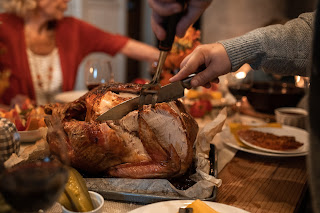Incorporating A Safe Space For Our Children
When we think about our children being bullied we often neglect the ‘bully’ themselves. But they too are victims of fear, violence, ridicule, and anxiety, more likely as a result of some form of trauma at home.
So here too, a child’s home, is a place that is supposed to be supportive, comforting, and safe for a them but yet it isn’t.
So where is a young person, a child, supposed to feel safe during their day if needed?
Think about a location where you would want to retreat to in these circumstances and what you find comforting, relaxing, non-judgmental, and safe.
During my reflection a thought entered my mind. A room with no tables, no chairs, no aromas, but only soft, clean, and inviting cushions to sit on, and low, and soft, ambient lighting. A room of tranquility.
Imagine if this type of room were readily available at all times during the school day. Who could potentially use this type of safe space?
I’m sure we can picture a child who is bullied in this room but what about the ‘popular’ girl or boy who is being sexually molested that we have no idea about. Or perhaps it’s the child who is unassuming, who avoids attention because they don’t cause trouble but yet they feel alone inside with screams of pain well hidden from all.
People need a retreat, a safe space, somewhere to regain their balance. A room of tranquility has the potential to offer this to some child in need.
A room of tranquility doesn’t need to be staffed with a mental health professional. It could be staffed with a teacher, an administrator, a priest, a rabbi, a volunteer senior citizen. The only requirement needed is non-judgmental listening if needed and no offerings of advice or suggestions.
Maybe this is the room where a student realizes that their life has value. Maybe this is the room where a student reaches out to a trusted adult to let them know what is happening at home. Maybe this is the room where a student realizes that committing an act of violence in their school will only cause more suffering.
Something to consider, don’t you think?
Vladimir
Blue Lotus Meditation and Mindfulness Center is a registered 501(c)(3) religious organization.

























.png)